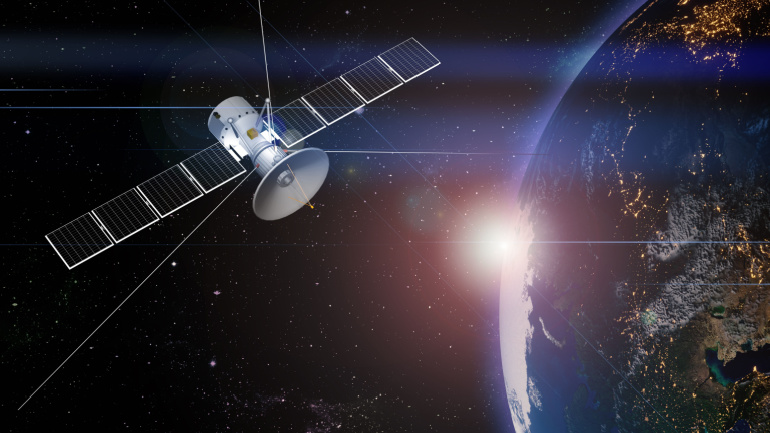
The Global Satellite Operators Association (GSOA) has introduced a behavior code designed to diminish the threats introduced by space debris. They predict that half a billion people will use satellite broadband services by 2030, offering crucial support for individuals and businesses in remote areas. This escalating demand, however, necessitates that the industry takes responsibility to ensure satellites function correctly.
GSOA members are encouraged to adopt optimal practices in varied fields. Primary among these is lessening the possibility of in-orbit collision; operators are urged to collaborate and share all accessible data concerning trackable space debris produced by the functioning of their space vehicles. Furthermore, problematic non-trackable debris must be minimalized by every phase of space missions – design, launch, orbit, operation and de-orbit. Unsettlingly, the behavior code guarantees the protection of human life, with an emphasis on the safety of astronauts. Lastly, the association encourages joint work between operators and astronomers to reduce the adverse effect of satellites on ground-located optical astronomy.
GSOA chairman Dan Goldberg stated, “The satellite industry has proven vital to helping bridge the digital divide and connect the unconnected, whether they are on land, at sea or in the air… The development and industry-wide approval of the code of conduct is an important step in identifying best practices and mitigations to preserve access to space for future generations.”
GSOA vice-chair Ali Alhashemi echoed these sentiments, “As the satellite industry continues to grow… it is important that the industry works together to implement key sustainability practices that enable the world to continue benefiting from satellites.”
SpaceX, with the largest constellation of low-Earth orbit satellites (5,399 and counting), has not endorsed this code of conduct publicly, which presents concerns about its massive low-Earth orbit constellation’s potential impact over astronomers and other space users. Yet, the US Federal Communications Commission (FCC) has established a Space Bureau – already having issued its first space junk fine – for monitoring satellite operators, providing some reassurance.
The GSOA, alongside launch of the behavior code, is preparing for the imminent World Radiocommunication Conference in Dubai. Given the economic benefits of satellite services estimated to be $555 billion, the association urged attendees to restrain themselves from allotting more spectrum for international mobile telecommunications, including the 6 GHz band.
In conclusion, the upcoming conference in Dubai promises to be a crucial stage for discussion about the impacts of rapidly growing satellite services and addressing the pressing issue of space debris, with powerful implications for the communication and technology industry.




